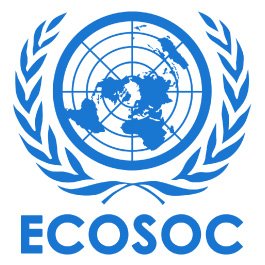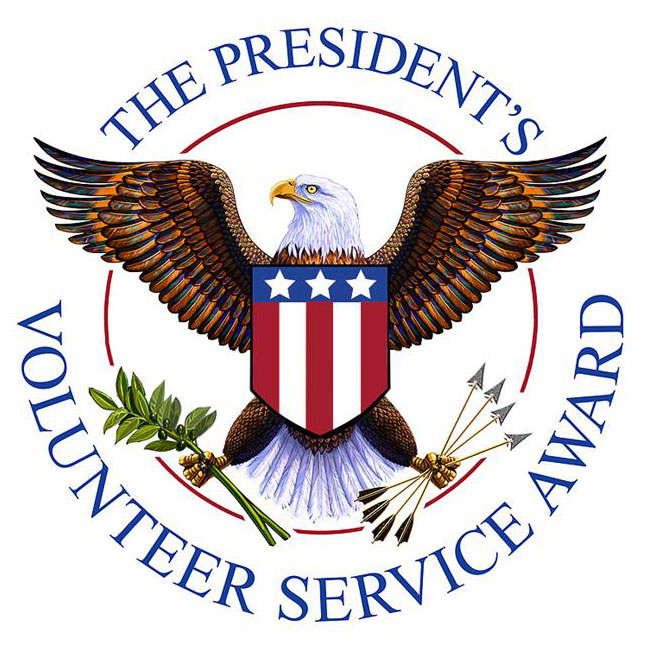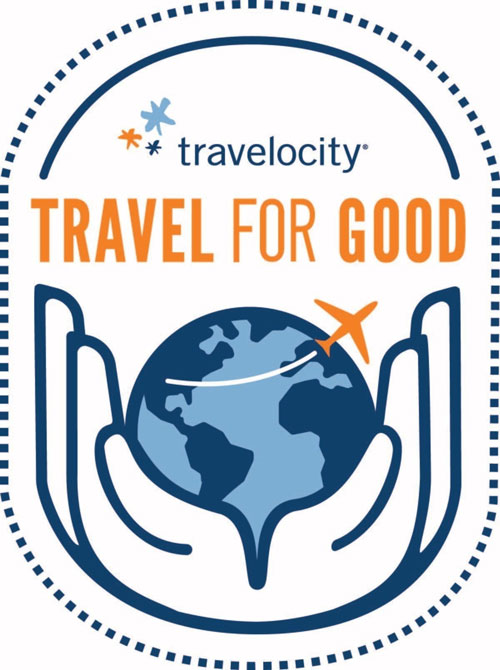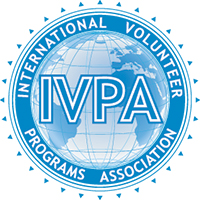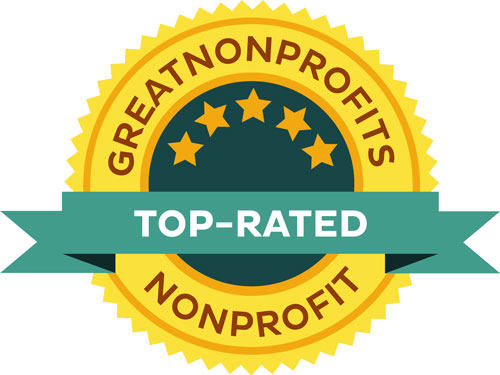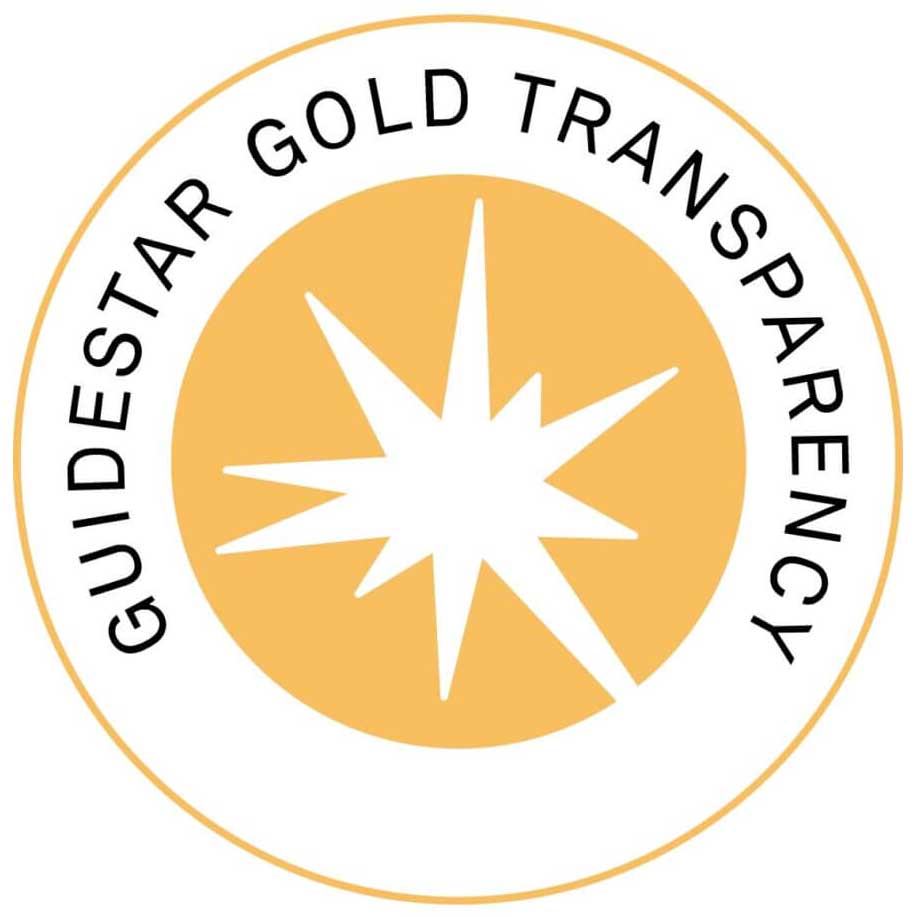
GUATEMALA CITY -- Instead of heading to the beaches of Mexico or the capitals of Europe this summer, thousands of Americans are going abroad to reap the rewards of compassion.
"I heard from everyone how life-changing it is, and I wanted to see for myself," said Shelley Foran, 15, as a busload of young people from Park Cities Baptist Church bounced across the rutted road leading to a gritty Guatemalan home for abandoned and delinquent boys.
More than 50,000 American volunteers work in foreign countries every year, helping others and learning about themselves. Half go with faith-based groups; many go on their vacations. While not all the experiences are life-changing, international service can reward volunteers, the people they help and the ailing image of the United States.
Dallas mother and empty-nester Betty Sanders, 58, went to Guatemala City for three months to work with disabled orphans and elderly women abandoned by their families.
"I'm old enough to know that I wasn't going to change the world, but I did feel like before I left there was going to be some contribution I'd made," she said. "I've had a very good life. I have a wonderful family, a truly wonderful daughter and great friends. I've been very, very fortunate throughout my life. I just wanted to do something to give back."
Dallas Jesuit School graduate Nathan Castillo was a bilingual teaching assistant in San Antonio when he joined the Peace Corps last year and found himself supervising primary school sanitation projects in Guatemala's western highlands.
"The kids were sick so often they couldn't go to school," Mr. Castillo, 25, said. "Now it's a whole different dynamic. There's an ambiance of hope and happiness."
Interest in volunteer vacations has spawned more than 60 travel agencies arranging opportunities for Americans to work in poor overseas communities. Kimberly Haley-Coleman runs Globe Aware in Dallas, sending customers to Cambodia, Peru, Cuba and nine other countries.

"You live at high altitude, sleep in uncomfortable beds, take cold showers," Ms. Haley-Coleman said, describing the experiences of volunteers in Peru. "The locals get adobe stoves [built by the volunteers] that clear the smoke from their homes. But the volunteers get more out of it."
They have to pay for the experience. The Park Cities young people, with their families and their church, paid about $1,800 apiece to spend a week with orphans in Guatemala. Globe Aware charges about $1,000 for room, meals and work projects, and customers have to pay airfare as well. Cross-Cultural Solutions, the group that Ms. Sanders chose for her trip to Guatemala, charges about $2,000 for a two-week package and $250 a week after that.
Such charges are tax-deductible as charitable contributions.
Ms. Foran and her church group went to see Guatemalan boys in need of some gentle attention. The government-run San Gabriel y Elisa Martinez Home for Boys houses 80 kids ages 9 to 18. Among them are mentally challenged 9-year-olds who were abandoned on the streets, a 13-year-old severely abused boy with only a couple of teeth who disarmed and shot at a police officer, and a 17-year-old loner who made a pact with the devil and used to cut himself with a knife.
The boys live in three dorms and are locked in every night at 6 p.m. A 15-foot-tall green cinderblock wall surrounds the campus.
"It is a misnomer to call it an orphanage, but it's a better word than children's warehouse," said Jeff Byrd, associate pastor of Park Cities Baptist.
The Guatemalan boys surrounded the church group when they arrived, and there was much hugging and handshaking. Next came songs of faith, and the boys joined in. Three of the Park Cities girls read from Genesis. The Guatemalan boys were split into groups. Two groups studied Bible passages, while the others played kickball. Then they traded places.
"It was a lot more than I expected, a lot more kids with special needs. It's fun, though," said Jeff Perkins, 16, who will be a sophomore this fall at St. Mark's School of Texas in Dallas.
Buckner International, a Dallas-based, Christian service organization with orphanages in several countries, coordinates the visits. Buckner arranges visits by more than 500 volunteers a year to both its own Guatemalan orphanages and those of the government. Many of the volunteers are from North Texas and belong to church groups that come every year. They're concentrating at the moment on older teens who hope to make the transition out of the homes and into society.
"Some of the girls at 15 have only a second-grade education, and they won't be able to do much unless we strengthen their life skills," said Leslie Chace, director of Buckner International's Latin American work. "Dallas Baptist University comes to teach some skills to these kids."
Plunging into Guatemala's poor neighborhoods and bleak institutions takes verve and courage. Volunteers with Cross-Cultural Solutions work at a clinic where gun-toting gang members chased a wounded rival into the emergency room. Other volunteers spend mornings with disabled children confined to wheelchairs -- in some cases because their muscles atrophied when no one ever taught them to walk. The volunteers also try to cheer old women who have lost their memories.
They teach a smattering of English to disturbed children raised in a squalid neighborhood surrounding a massive landfill that has swallowed trash pickers alive and feeds flocks of vultures. "It's not a traditional education," said Eva Morales, director of the Casita Amarilla School for Abused Children and Women. "Our students come for the support they get from the teachers, not for the curriculum."
Working in these places changed Ms. Sanders.
"The rewards were extraordinary. They all evolved from simple human-to-human contact and interaction," she said. "I came back feeling like I had made small contributions to lots of different lives along the way."
Addison financial strategist Steve Miller was invited to Guatemala in 1981, in the midst of a 35-year civil war, to see about investments. He came back determined to bring dentists and doctors to beaten-down villagers. About 120 teams have since visited under the auspices of HELPS International, performing surgeries, dental work and other care valued at more than $100 million, Mr. Miller said.
"We get a lot of young people [as volunteers] who are looking for purpose in their life," Mr. Miller said. "We've all been told if we own the Lexus or the Mercedes we are going to be happy, and of course that's not the way it works. The people who go down and get involved in a mission, it revolutionizes their life."
Some in Washington, D.C., also want to help. President Bush has asked Congress to double the size of the Peace Corps from 7,700 to 15,000 volunteers willing to spend 27 months abroad. Sen. Russ Feingold, D-Wis., and Sen. Norm Coleman, R-Minn., have introduced legislation that would fund 10,000 Global Service Fellowships for volunteers willing to spend six months overseas.
Republicans and Democrats alike are reaching back to the idealism of President John F. Kennedy to urge Americans to volunteer for peaceful international service.
Undersecretary of State Karen Hughes, charged by Mr. Bush with improving American public diplomacy, praises volunteers for "a diplomacy of deeds rather than words."
When the Peace Corps was formed in 1961, Mr. Kennedy hoped to send 100,000 volunteers abroad each year so that, after 10 years, a million Americans would have the experience and knowledge to form a constituency for foreign affairs.
The Peace Corps never numbered more than 20,000 volunteers in the field. But today's efforts from faith-based organizations, individual volunteers working with travel agencies, compan ies that sponsor volunteer work among their employees and other nongovernmental groups are swelling the numbers of Americans abroad.
Many of these groups, guided by Mr. Kennedy's vision, have joined a coalition aiming to boost the number of volunteers working overseas to 100,000 by 2010.
"What if they had built the Peace Corps up to those numbers?" asked Steve Rosenthal, founder of Cross-Cultural Solutions and head of the Building Bridges Coalition that is working to double the number of international volunteers. "By 9/11, we would have had more than 3 million people in the United States who had been volunteers abroad, many in Muslim countries, people who learned to speak Arabic. ... The opportunity lost is massive.
"We've got a spiraling-down global image, and the anti-American sentiment out there is really important," he said. "The international volunteer is one of the single greatest things we can do about it."
